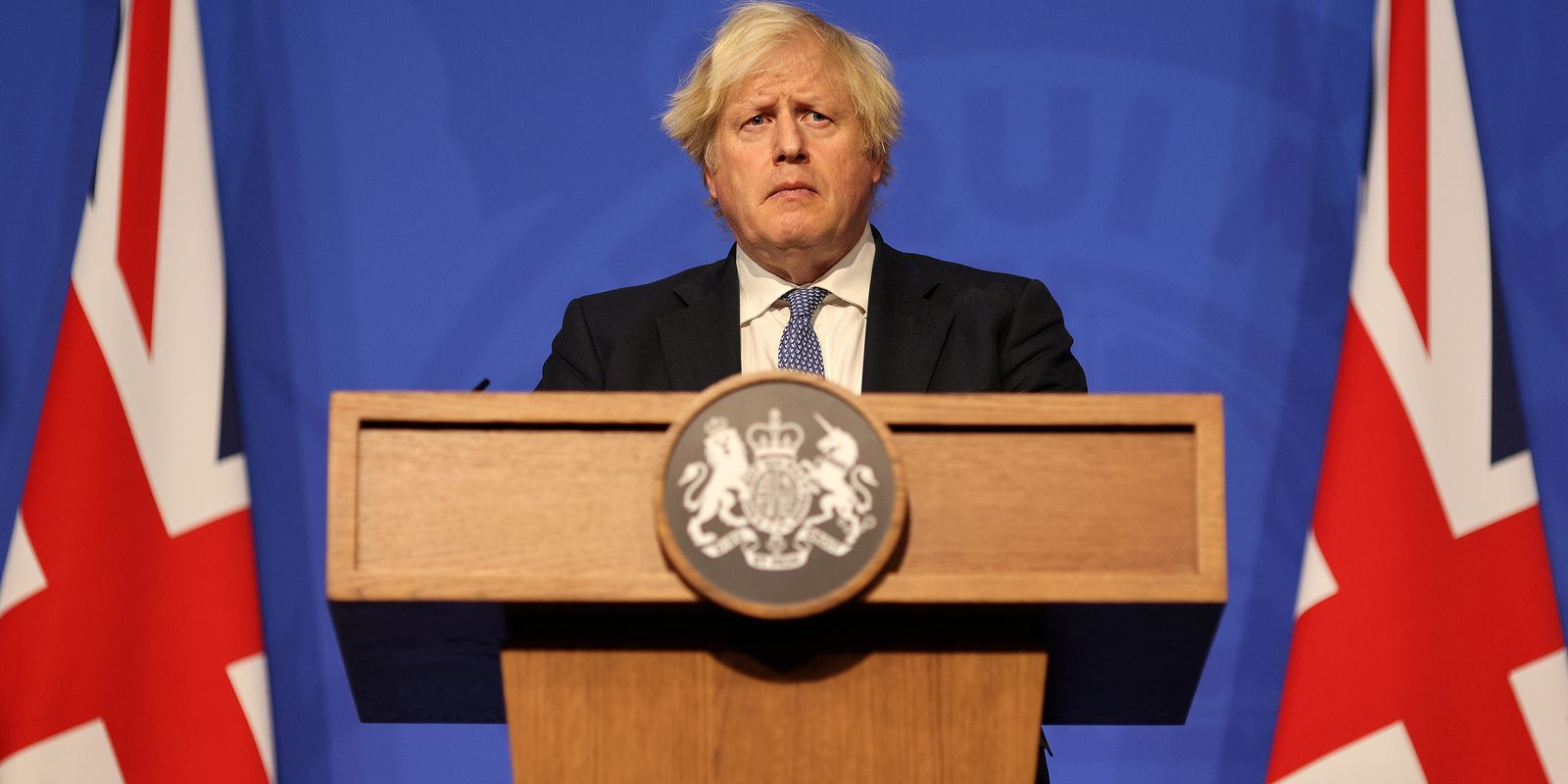By Steve Holland and David Brunnström
WASHINGTON (Reuters) – U.S. President Joe Biden’s G7 summit in Japan this week is expected to show leaders united in a common approach to dealing with China on the basis of shared values, even as they recognize that each country will manage its own relationship with Beijing, a senior US government official said Monday.
Biden’s visit to Japan will show that Washington can both support Ukraine and maintain an unprecedented level of engagement with the Indo-Pacific region, the official told Reuters on condition of anonymity.
After the three-day summit beginning Friday, Biden will make a brief and historic stop in Papua New Guinea, then travel to Australia for a meeting of the group of countries known as the Quad.
When asked whether the leaders of the seven richest countries in the world — Britain, Canada, France, Germany, Italy, Japan and the United States — would be able to Showing unity in the face of China, the world’s second largest economy and the main challenge to US global supremacy, the official replied:
“While the G7 is a consensus group, the hosts play a big role in setting the agenda and the Japanese are very, very concerned about large-scale economic security issues, including China. .”
“I think what you can expect is for the G7 leaders to make it clear that we are all united by a common approach, based on common values. And while each G7 country will manage its own relationship with China, we are all aligned around the principles that will guide all of our relationships.”
The official said that although this is “one of the most complex issues” for the G7 meetings in Hiroshima, the United States is “very optimistic”.
Differences between nations over how to deal with China emerged after French President Emmanuel Macron’s visit to Beijing last month. He urged the European Union to reduce its dependence on the United States and warned the EU not to get caught up in a crisis over Taiwan driven by “American pace and overreaction. from China”.
Two years ago in the UK, G7 leaders chastised China on the human rights front.
The US official said the G7 would focus on the need to support developing countries hit by recent shocks, including debt and climate change, and leaders would rally around the need for bold action to accelerate the transition to clean energy. .
When asked if a broad G7 agreement could limit the export of semiconductor technology to China and if there was consensus on this issue, the official said:
“There is a consensus on the need to ensure security in technology. I don’t want to advance discussions on what agreement there will be, but I think among the countries who are the most important players in semi- drivers, there is very broad agreement and a significant degree of consensus.”
“I think you should expect to see broad agreement on the principles for defining relations with China out of this meeting.”
(Reporting by David Brunnstrom and Steve Holland)

“Freelance communicator. Hardcore web practitioner. Entrepreneur. Total student. Beer ninja.”







